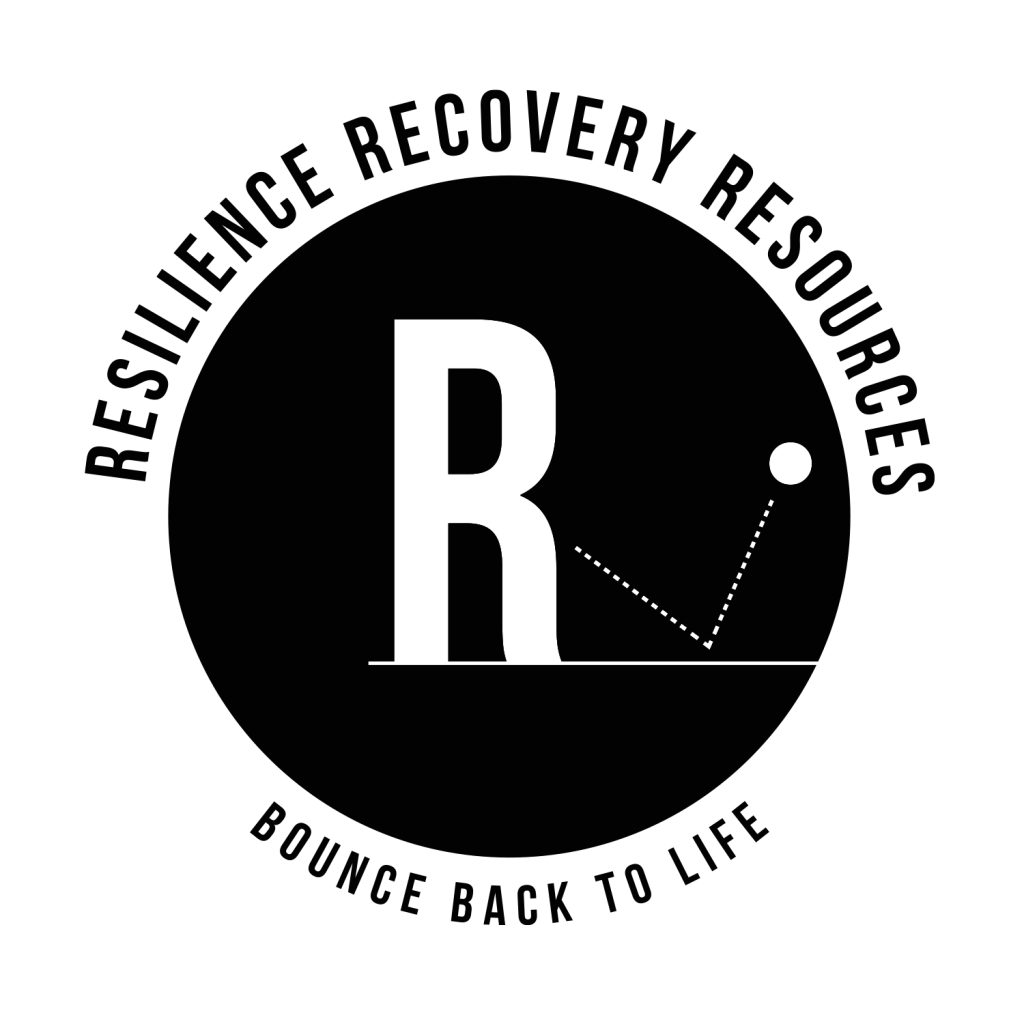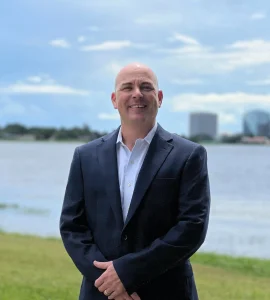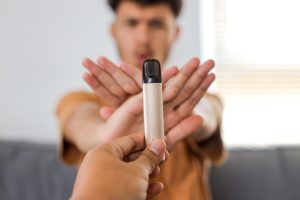Alcohol use among teenagers and young adults has become an increasingly concerning issue for families across Florida and beyond. As a parent or loved one, recognizing the early warning signs of alcohol use can be crucial in getting help before a drinking problem escalates into a serious addiction. At Resilience Recovery Resources in West Palm Beach, we understand the unique challenges that come with adolescent and young adult substance use, and we’re here to help families navigate this difficult journey.
According to the National Institute on Alcohol Abuse and Alcoholism, approximately 24% of young people ages 12-20 report drinking alcohol in the past month, with many engaging in binge drinking. The NIAAA emphasizes that underage drinking contributes to over 4,300 deaths annually among individuals under 21. Understanding the signs of alcohol use in this vulnerable population can make the difference between early intervention and long-term consequences.
Physical Signs of Alcohol Use in Teens and Young Adults
Immediate Physical Indicators
Young people who have been drinking may exhibit several physical signs that parents and caregivers should watch for:
- Bloodshot or glassy eyes with dilated or constricted pupils
- Strong smell of alcohol on breath, clothing, or belongings
- Slurred speech or difficulty articulating words clearly
- Unsteady walking or poor coordination and balance
- Flushed face or unusual skin coloration
- Nausea or vomiting, particularly in the morning
Longer-Term Physical Changes
With regular alcohol use, teens and young adults may experience more persistent physical changes:
- Unexplained weight loss or gain
- Frequent headaches or complaints of feeling unwell
- Changes in sleep patterns or chronic fatigue
- Declining personal hygiene or appearance
- Frequent injuries or accidents due to impaired judgment
Behavioral and Emotional Warning Signs
Changes in Social Behavior
Alcohol use often leads to significant shifts in how teens and young adults interact with family and friends:
- Withdrawal from family activities and previously enjoyed hobbies
- New friend groups or secretiveness about social activities
- Lying about whereabouts or activities
- Aggressive or hostile behavior when questioned about activities
- Decline in academic performance or frequent absences from school
Emotional Red Flags
The emotional impact of alcohol use can be particularly pronounced in developing minds:
- Sudden mood swings or emotional volatility
- Increased irritability or anger over minor issues
- Depression, anxiety, or other mental health changes
- Loss of motivation or interest in future goals
- Defensive responses when alcohol use is mentioned
Academic and Social Consequences
Alcohol use can significantly impact a young person’s academic performance and social relationships. Warning signs in these areas include:
- Declining grades or missed assignments
- Disciplinary issues at school
- Loss of scholarships or academic opportunities
- Strained relationships with longtime friends
- Involvement with risky peer groups
- Legal troubles related to underage drinking
The Unique Risks for Teens and Young Adults
The adolescent and young adult brain continues developing until approximately age 25, making this population particularly vulnerable to the effects of alcohol. Research from the Centers for Disease Control and Prevention shows that alcohol is the most commonly used substance among young people in the United States.
Regular drinking during these crucial developmental years can lead to:
- Impaired brain development, particularly in areas responsible for decision-making and impulse control. Studies published in Alcohol Research demonstrate that alcohol consumption during adolescence affects both gray and white matter development in the brain.
- Increased risk of developing alcohol use disorder later in life. According to NIAAA research, early initiation of alcohol use significantly increases the likelihood of developing addiction.
- Academic and career setbacks that can have long-lasting consequences
- Higher likelihood of engaging in risky behaviors such as unprotected sex or driving under the influence
- Memory and learning impairments. Research shows that alcohol significantly impairs learning and memory in teens more than in adults, as the brain regions involved in memory consolidation are still developing.
When to Seek Professional Help
If you’ve noticed multiple warning signs of alcohol use in your teen or young adult, it’s important to take action quickly. Consider seeking professional help when:
- Your loved one admits to regular drinking or binge drinking
- There have been legal consequences related to alcohol use
- Academic or work performance has significantly declined
- Physical health problems have emerged
- Mental health symptoms like depression or anxiety have worsened
- Previous attempts to address the drinking have been unsuccessful
How Resilience Recovery Resources Can Help
At Resilience Recovery Resources, we specialize in providing comprehensive addiction treatment for adolescent and young adult males struggling with substance use disorders. Our West Palm Beach facility offers a range of evidence-based treatment options designed to address the unique needs of this age group.
Our Treatment Programs Include:
Partial Hospitalization Program (PHP) – Our structured PHP provides intensive treatment while allowing clients to return home each evening, making it ideal for young adults who need comprehensive care but want to maintain some independence.
Intensive Outpatient Program (IOP) – Perfect for teens and young adults who are motivated to recover but need the flexibility to continue with school or work responsibilities.
Standard Outpatient Treatment (OP) – For those who have completed higher levels of care or need ongoing support to maintain sobriety.
Sober Living – Our supportive living environment helps young adults transition back to independent living while maintaining their commitment to recovery.
Specialized Care for Co-Occurring Conditions
Many teens and young adults struggling with alcohol use also face mental health challenges. Our team is experienced in treating co-occurring disorders, including:
Taking the First Step Toward Recovery
Recognizing the signs of alcohol use in your teen or young adult can be overwhelming, but you don’t have to face this challenge alone. Early intervention is key to preventing long-term consequences and helping your loved one build a foundation for lasting recovery.
If you’ve identified warning signs of alcohol use in your teen or young adult, don’t wait to seek help. The compassionate team at Resilience Recovery Resources is here to provide the support and evidence-based treatment your family needs. Our programs are specifically designed to address the unique challenges faced by adolescents and young adults, combining proven therapeutic approaches with age-appropriate care.
Located conveniently in West Palm Beach and serving families throughout Palm Beach County, including Boynton Beach, Palm Beach Gardens, and Delray Beach, we’re committed to helping young people overcome addiction and mental health challenges.
Take the first step toward recovery today. Call Resilience Recovery Resources at 561-566-5480 to speak with one of our specialists about treatment options for your teen or young adult.
If you or someone you know is struggling with alcohol use, remember that help is available. Recovery is possible, and it starts with recognizing the signs and taking action. Contact Resilience Recovery Resources today to learn more about our comprehensive addiction treatment programs for adolescents and young adults in West Palm Beach.
Additional Resources
For more information about underage drinking and its effects, visit these trusted sources:




